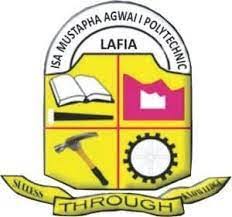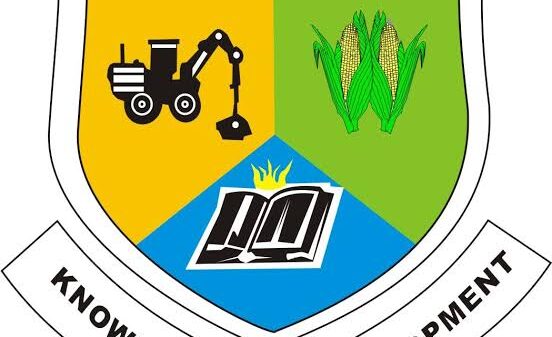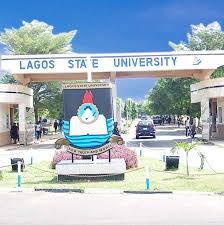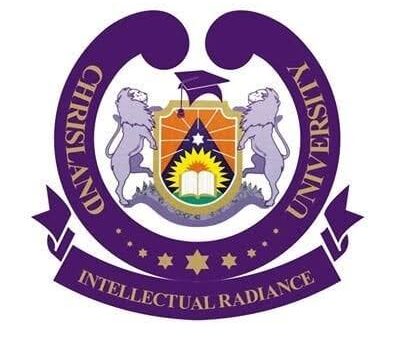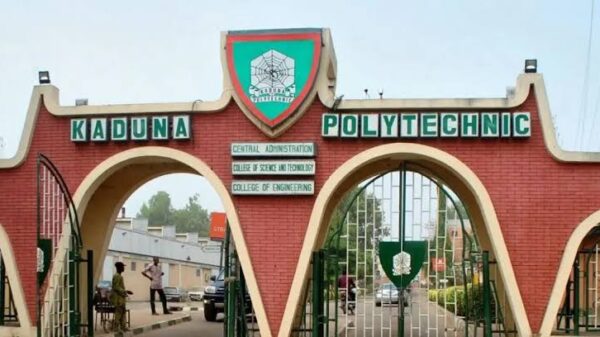Engineering Programs at Afe Babalola University
Afe Babalola University (ABUAD) boasts a well-respected College of Engineering, offering a dynamic range of programs for aspiring engineers.
This blog post details the various engineering courses available at ABUAD, equipping you with the knowledge to make an informed decision about your academic journey.
ABUAD’s Engineering Courses
The College of Engineering at ABUAD is structured into four departments, each catering to specific engineering disciplines:
-
Department of Electrical, Electronics and Computer Engineering:
This department offers two Bachelor of Engineering (B.Eng.) degrees:
-
- Electrical and Electronic Engineering: Focuses on designing, developing, and maintaining electrical and electronic systems used in various applications like power generation, communication, and automation.
-
- Computer Engineering: Blends computer science with electrical engineering, equipping graduates to design and develop hardware and software components for computer systems.
-
Department of Mechanical and Mechatronics Engineering:
This department provides two B.Eng. programs:
-
- Mechanical Engineering: Emphasizes the principles of mechanics, thermodynamics, and material science to design, analyze, and manufacture mechanical systems like engines, robots, and machines.
-
- Mechatronics Engineering: This innovative program integrates mechanical, electrical, electronics, and computer engineering principles. Graduates gain expertise in designing and controlling intelligent machines used in automation and robotics.
-
Department of Civil Engineering:
This department offers a B.Eng. degree in Civil Engineering, focusing on the planning, design, construction, and maintenance of infrastructure projects like buildings, bridges, dams, and transportation systems.
-
Department of Petroleum and Chemical Engineering:
This department provides a B.Eng. degree in Petroleum and Chemical Engineering. This program equips students with the knowledge to explore, develop, and process hydrocarbons (oil and gas) and design chemical plants for various industrial applications.
FAQs and Answers
What are the admission requirements for the College of Engineering at ABUAD?
Admission requirements typically involve a good pass in the Senior Secondary School Certificate Examination (SSCE) or its equivalent, with a specific emphasis on Mathematics, Physics, and Chemistry. Meeting departmental cut-off scores and passing the university’s post-UTME screening may also be necessary.
What are the career prospects for graduates of ABUAD’s engineering programs?
Engineering graduates from ABUAD are equipped with the technical skills and knowledge required to pursue rewarding careers in various sectors. Some potential career paths include:
-
Electrical and Electronics Engineering: Power generation companies, telecommunication firms, automation industries.
-
Computer Engineering: Software development firms, computer hardware manufacturing companies, IT consultancies.
-
Mechanical Engineering: Automobile industries, manufacturing plants, oil and gas companies.
-
Mechatronics Engineering: Robotics companies, automation industries, aerospace engineering firms.
-
Civil Engineering: Construction companies, government agencies responsible for infrastructure development, consultancies specializing in structural design.
-
Petroleum and Chemical Engineering: Oil and gas exploration companies, chemical processing plants, environmental engineering firms.
Does ABUAD provide any additional support for engineering students?
ABUAD offers various resources to support its engineering students, including:
-
Well-equipped laboratories: Students gain practical experience through hands-on learning in advanced laboratories.
-
Qualified faculty: Experienced professors with strong academic backgrounds guide students throughout their academic journey.
-
Industrial training opportunities: Internships and industrial placements allow students to apply their theoretical knowledge in real-world settings.

